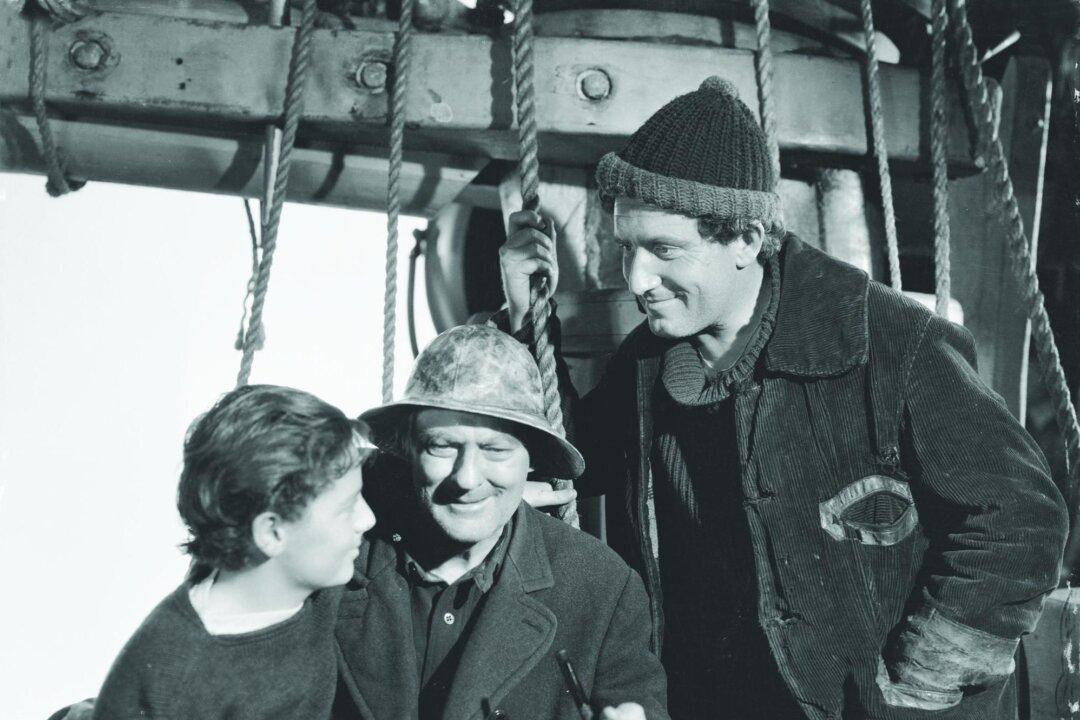NR | 1h 57min | Drama | 1937
Screenwriters John Lee Mahin, Marc Connelly, and Dale Van Every adapted Rudyard Kipling’s adventure novel “Captains Courageous” to tell an early 20th-century coming-of-age story.

NR | 1h 57min | Drama | 1937
Screenwriters John Lee Mahin, Marc Connelly, and Dale Van Every adapted Rudyard Kipling’s adventure novel “Captains Courageous” to tell an early 20th-century coming-of-age story.